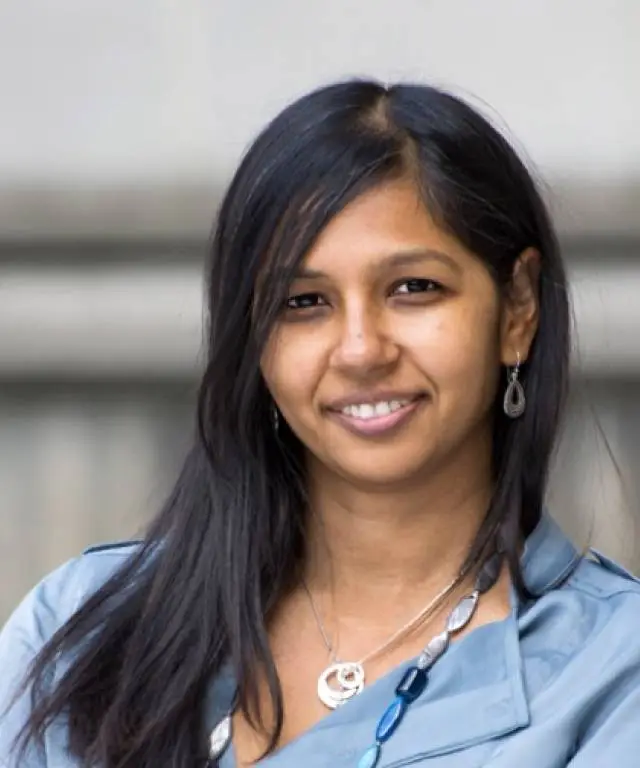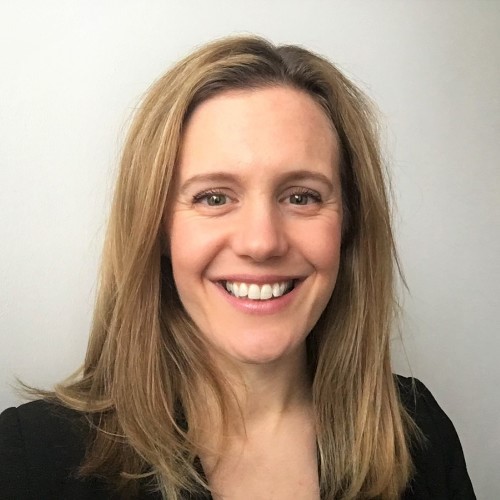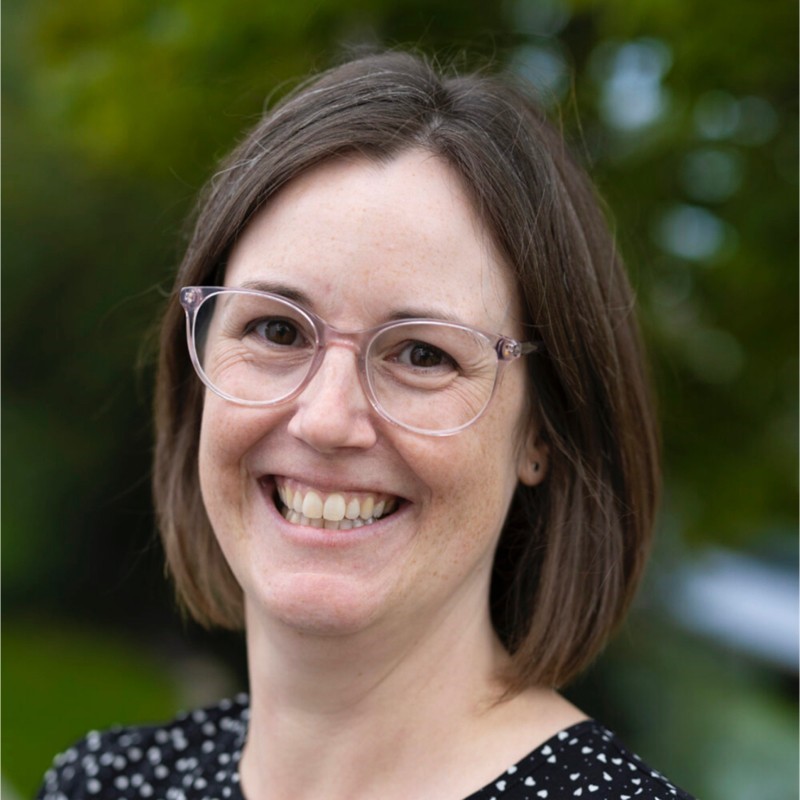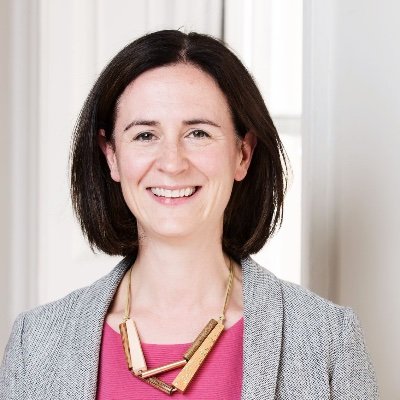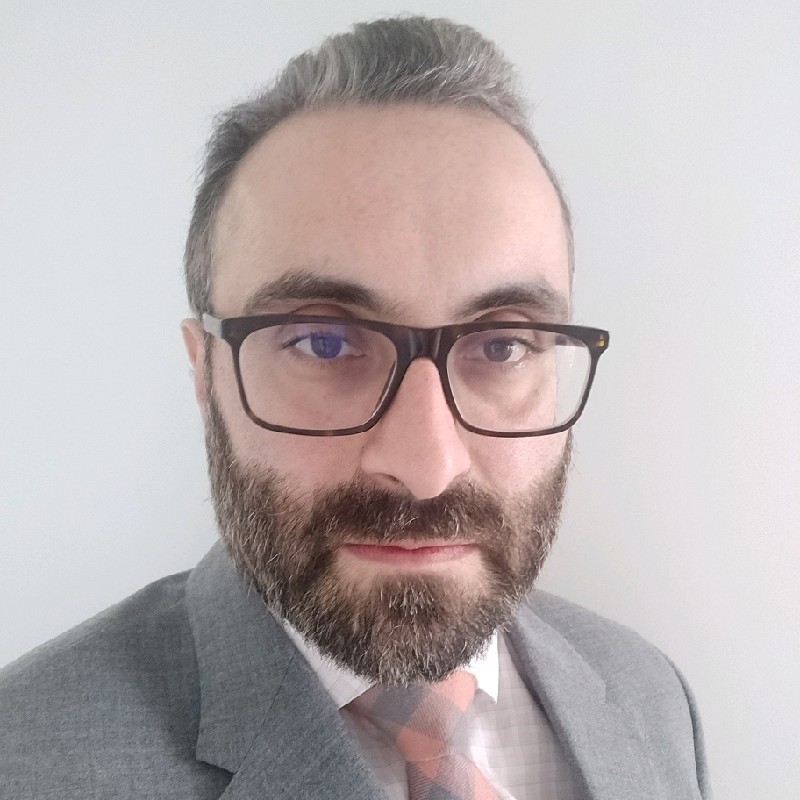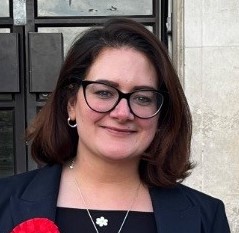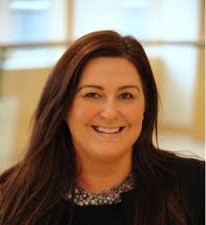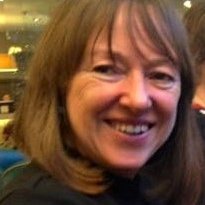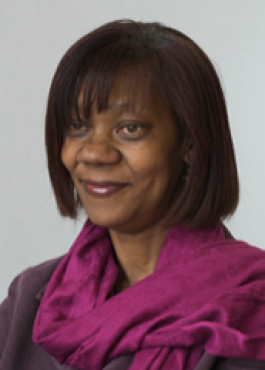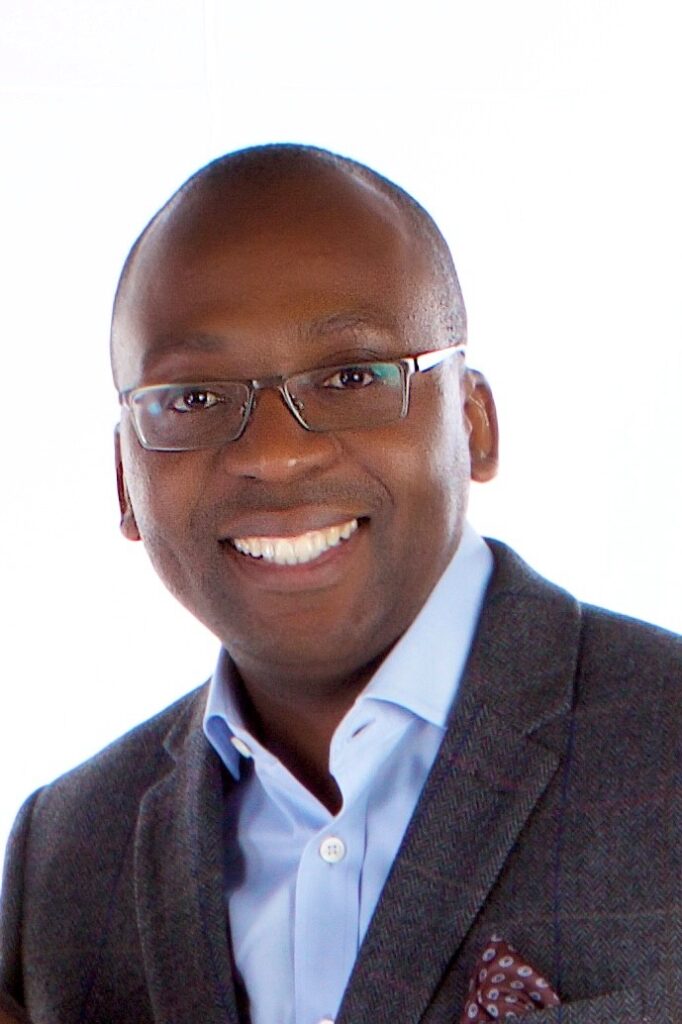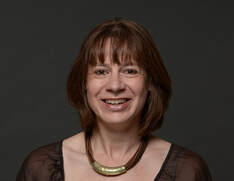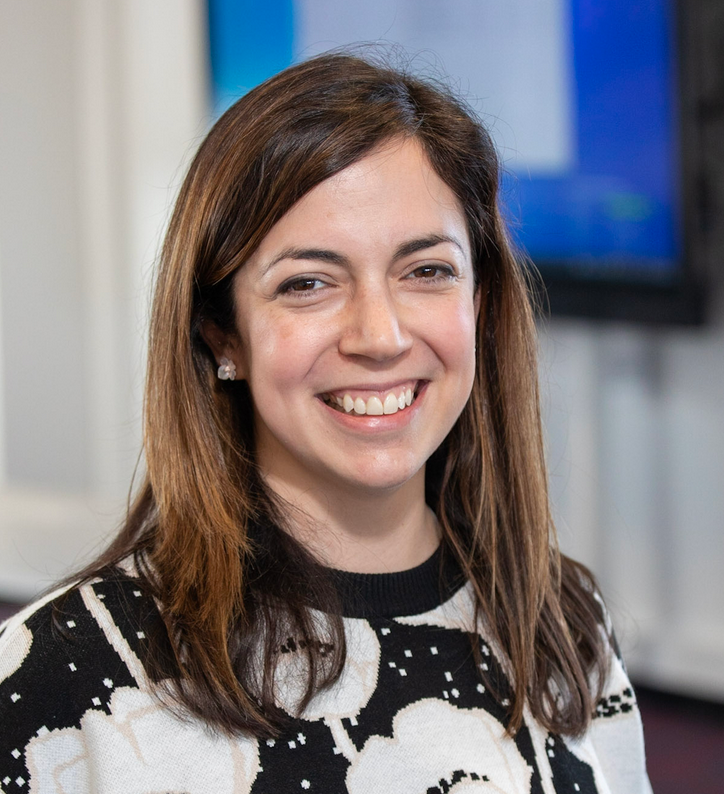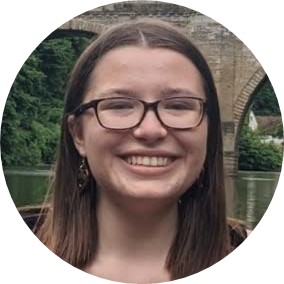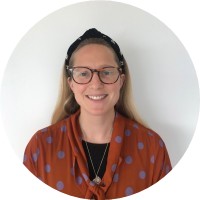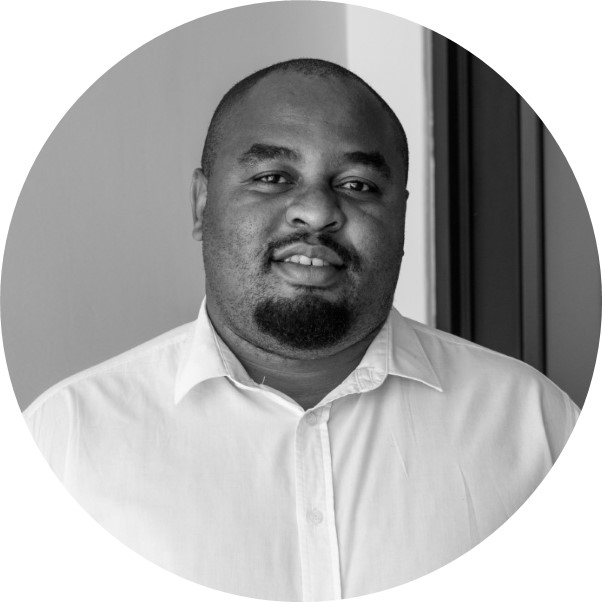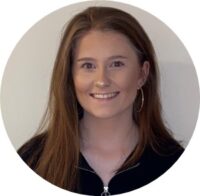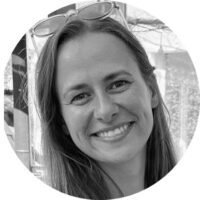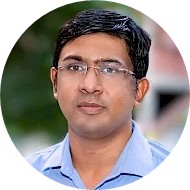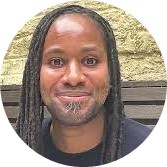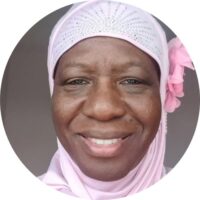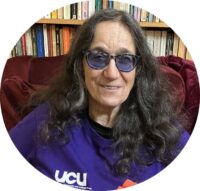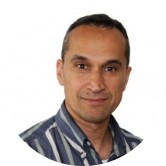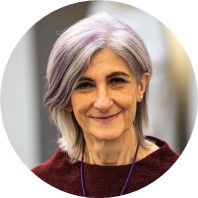Last Flexible Fund Call
The last of EDICa’s rounds of Flexible Funding launched this summer. The call focused on Workstream 3 – the organisation of work and creating more enabling workspaces.
Home » Upcoming call
Round 3 is now closed
Our final round of Flexible Funding has now closed. Please find the call details and information below for reference.
If you submitted an application, you should have received a confirmation from us. If you have not, please contact us at edicaucus@hw.ac.uk
Last updated 6 November 2024
Soft launch: 17-Jun-24
Call for reviewers: 19-Jul-24 –
Call for expressions of interest: 19 Jul to 30 Sep 2024 – deadline has passed
Call for proposals opened: 05-Aug-24 – click to download application form
Launch webinars, including Q&A:
Info webinar 1 – 21 August 2024 11:00-12:00 BST (Click here to view recording)
Info webinar 2 – 10 September 14:00-15:00 BST (Click here to view recording)
Frequently Asked Questions – FAQs – stemming from individual questions to EDICa plus those from the two webinars (Click here to download FAQs)
Deadline for applications: 31-Oct-24 – deadline has passed
Send applications out to reviewers: w/c 18-Nov-24
Reviews deadline: 13-Dec-24
Panel meeting: w/c 13 January 2025
All applicants will be notified: Feb 2025
Funding awarded: Feb 2025
Projects completed and final reports submitted: Dec-25
Call Info in BSL
EDICa’s Deputy Principal Investigator (PI), Prof Jemina Napier, signs in British Sign Language information on Flexible Fund Round 3.
Overview and Process
Equality, Diversity and Inclusion Caucus
The Equality Diversity and Inclusion Caucus (EDICa) is funded by UKRI and the British Academy to improve equality, diversity and inclusion (EDI) in the research and innovation (R&I) ecosystem (a part of the economy consisting of supportive institutions – public and private, that work to boost R&I). EDICa is an interdisciplinary and diverse network of researchers and practitioners who will identify, assess, and share existing evidence on the effectiveness of current and emerging EDI practices.
EDICa has been commissioned for three years, and is centred around three thematic workstreams:
Workstream 1 – The career-life cycle: Identifies the relationships between key career and life events and their mutual impacts, making recommendations for reducing barriers to inclusion across the career.
Workstream 2 – The research process: Determines how EDI can be embedded in the R&I process and increasing the diversity literacy of researchers and innovators.
Workstream 3 – The organisation of work: Identifies how work can be organised in a variety of R&I workplaces to create enabling workspaces.
Here are some of the ways EDICa will achieve its objectives:
- Identify gaps in existing research and subsequently share recommendations on EDI practice and policy.
- Co-design the research process with stakeholders. (Click here for co-design resource links)
- Co-creating research workplaces in the R&I ecosystem with partners, such as National Museums Scotland.
- Build communities of practice to continue the work beyond the three-year grant.
- Use a £1 million Flexible Fund to commission research that addresses gaps identified through evidence reviews, primary data collection and co-design workshops.
- Share findings through a strategic dissemination plan, to reach as broad an audience as possible.
Summary of the Flexible Fund
A total of £1 million has been set aside for the Flexible Fund to enable the EDICa team to commission research which addresses the stubborn inequalities which persist across the R&I ecosystem. These impact-oriented projects will advance knowledge on the lived experience of underrepresented researchers and innovators, and will pilot and evaluate interventions to create meaningful change across the R&I systems in the UK and internationally.
(1- Awards will be made in line with UKRI broader policy, i.e., 80 per cent FEC.)
The Flexible Fund is broken down across three calls, approximately one round per year from 2023 to 2025, with each year focusing on a different one of EDICa’s three thematic streams of work:
- WS1: The career-life cycle (2023-2024 Call 1)
- WS2: The research process (early 2024-2025 Call 2)
- WS3: The organisation of work (late 2024-2025 Call 3)
The total fund of £1M is split across three years. With Flexible Fund rounds 1 and 2 complete, this leaves approximately £300-350K to support projects for WS3. Unlike in the case of Flexible Fund Call 1 and 2, Flexible Fund Call 3 involves strongly encouraging prospective applications for projects lasting around 6-9 months, with such projects ready to start early 2025, and have a maximum budget in the region of £55-60K. (This is not an absolute figure and proposals remain welcome in excess of such amounts, but it must be clear in the proposal that the project is feasible within a 6-9 month timeframe, and represent good value for money.) As such, we expect to fund 5-6 projects from Flexible Fund 3. Applicants are asked to bear this in mind when costing proposals. Irrelevant of size and budget, all projects funded through Flexible Fund Call 3 must be completed by 31 December 2025 (end date of the funding for EDICa).
We have sought at every stage to make this call equitable and accessible, including monitoring and analysing data based on applicant demographics. We have by and large been successful in encouraging a diverse range of applicants, but for the final Flexible Fund Call (details of subject areas can be found on the next page), we would be particularly encouraged to see more applications from the following and under-represented research and innovation groups:
- Disabled people/people with long-term health conditions that impacts day-to-day living/employment
- Early career
- Deaf
- Ethnic minority backgrounds
- Gender diversity
- Sexual minorities
- Socioeconomic background/status
EDICa warmly welcomes constructive feedback for this call, which can be provided by contacting us on EDICaucus@hw.ac.uk.
Priority area(s) of research for Flexible Fund Call 3
For our third and final round of projects supported through the Flexible Fund, we prioritise work that focuses on the organisation of work and enabling workplaces in the UK’s R&I ecosystem.
Once again, we welcome research that explores the diversity of voices, ideas and experiences in our R&I eco-system. This time, however, we are interested in an under-explored set of issues pertaining to how work can be organised and designed to create enabling workplaces. We would particularly welcome proposals (not exhaustive) that centre on one or multiple aspects of R&I workplaces, including making recommendation related to:
- Minimising inequalities in EDI and human resource practice.
- Improving health and safety and well-being practice.
- Developing constructive and meaningful employment relations policy, etc.
Workplaces we are particularly interested in include, for example:
- Laboratories and industrial facilities (e.g., static, or on-board ships or rigs, underground).
- Offices (including exclusively home or hybrid working, open plan, single or shared occupancy).
- Field sites (temporary or more permanent, geographically local or remote, defined by extreme environments, e.g., excessive noise or lack of sound, high or low temperatures, strong smells, bright or dim lighting).
- The mobile workplace (working while travelling, or innovations for vehicle-based researchers or innovators), or how new technology (including artificial intelligence) is creating opportunities (and accessibility problems) involving virtual or holographic aspects and forms of working.
However, we also welcome proposals that consider, e.g., the journey to and from work (via personal vehicles or public transport).
Some examples (not exhaustive) of questions that could be explored through proposed projects include:
- What methods are most impactful in terms of enabling/(re-)organising workplaces for disabled, deaf or neurodivergent staff?
- How can stakeholders contribute to building change and impact regarding (re-)organisation and enabling of workplaces?
- How can new technologies be used to make workplaces enabling?
- How can the labour process be changed to be more enabling and minimise inequalities?
- What role can the R&I and ecosystem play in making workplaces enabling?
- How can the organisation of work support ‘family-friendly’ or ‘care-friendly’ policies?
Finally, and given the relatively short-time frame for conducting funded projects, while welcoming all research methodologies, theoretical and disciplinary approaches, we would like to encourage the submission of proposals based on the following, for example:
- Secondary analysis of primary datasets.
- Primary analysis of documents, and physical and electronic artefacts, e.g. web pages, social media, etc.
- Industrial and employment relations.
- Labour process and industrial sociology.
- Organisation studies
EDICa will be taking a balanced portfolio approach. This means that applications will be reviewed based on the eligibility and assessment criteria, but we will also be looking for a balance of projects that respond to the issues highlighted above, within the wider theme of the organising of work to create enabling workplaces. A balanced portfolio also means consideration of career stages of applicants, characteristics of applicants, institutional settings and sector. Funding will also be considered in terms of a full consideration of the core EDICa workplan and projects already funded during rounds one and two of the Flexible Fund, i.e., avoiding duplication of extant projects. (Prospective applicants can refer to this website for details of EDICa’s core projects and projects already funded through the Flexible Fund.)
Proposals must adopt a co-design approach and include how key stakeholders/research end users will be engaged in the project. Resources on co-design can be found by clicking here to download a Word document.
What you need to know about Flexible Fund Call 3
- Submission of an expression of interest is a requirement before a formal proposal can be submitted as this provides the opportunity to offer feedback, to help shape suggestions and to avoid time and energy being invested in proposals which differ significantly from the call. Completing an expression of interest also significantly supports our efforts to recruit reviewers. We will have a ten-week call for expressions of interest, to help EDICa find reviewers, and not delay the timeline following the closing date for submissions. This will be a simple MS Forms questionnaire asking for a 50-word project summary, five key words about the project and a project timeline.
- For the soft launch, open call for reviewers and call for proposals, the dates below are the first dates that the announcements are made. This information will be shared several times through our platforms and network (see the dissemination section for all channels).
- We may use these initial outlines to offer feedback (e.g., to suggest collaborations between bidding teams where appropriate) or to establish feasibility (e.g. for a 6-9 month project).
- We have endeavoured to reflect the timing of school and other public holidays across the UK, as such the call and/or the timings noted below may change slightly.
Further information
Below are 9 topics you can click on to see more detailed information. Remember if you prefer to view this information in a standard PDF, click here.
In submitting a full proposal, applicants must prepare a completed application form (see linked document). This includes:
- Application information
- Case for support (max. 1000 words)
- Details of co-design (max. 500 words)
- Details of how the project engages with, or is led by, those with lived experience of marginalisation in the R&I space (max. 500 words)
- Details of how the project engages with, or is led by, Early Career Researchers (ECRs) or Early Career Innovators (ECIs)*
- Details of how the project will accelerate enabling workplaces across the R&I ecosystem (max. 500 words)
- EDI plan (max. 500 words)
- Timeline/Gantt chart (max. 500 words)
- Research ethical considerations and data management plan (max. 300 words)
- Risk management table
- References (optional)
- A full breakdown of costs
- A justification of resources (max. one page)
- Letters of support**
We are also requesting that applicants complete a short EDI survey. This will not be used to evaluate the proposals but will be used to monitor, evaluate and ensure internal accountability for the inclusive nature of the call and the Caucus. The information gathered will help us to make sure that future calls are balanced. For example, our analysis of the first round of flexible funding showed a lack of applications from deaf, trans and black researchers and we have sought to promote this second round of flexible funding to those within these communities.
Once you have completed your application form, please email it to edicaucus@hw.ac.uk with the following subject line: EDICa: Flexible Fund Application – project title. Please confirm in your email that you have completed the EDI survey.
EDICa will confirm receipt of your application by email. If you haven’t received a confirmation email after one working day, please reach out to the team.
Successful applicants will be notified by late January 2024 and the award letter will be signed by February 2025. Please see below an example of the award letter that all successful applicants will be asked to sign.
Click here to download the sample offer letter.
*There is no standard definition of ECR and ECI in the R&I ecosystem. Therefore, to be considered an ECR or ECI, applicants must have a minimum of two of the following five criteria:
- Have not previously been a PI or lead on an externally funded project or led a significant programme of work in a commercial or non-academic setting.
- Precariously employed, e.g., currently employed via a temporary contract of employment.
- Recent returner from a career break, e.g., maternity, caring responsibility, sickness, unpaid sabbatical.
- Change of career track or returning after substantial administrative responsibility.
- Recent change in career, e.g., industry to academia or academia to industry.
**Letters of support may set out how access or other forms of financial or in-kind support will be made available to the applicants if successful. Where applicants are unable to secure letters of support at the application stage, they will be required before funding is awarded.
We have used the verb ‘must’ for the first two eligibility criteria as EDICa’s goal is to advance the creation of inclusive R&I cultures enabling a diversity of researchers and innovators to access and thrive in careers across the R&I ecosystem in the UK. We want to understand the lived experiences of underrepresented researchers and innovators, creating the hope and the possibility of a R&I career for those traditionally excluded, while imagining a different R&I world which embeds equity. We strongly believe that co-design and proposals engaging with, or led by, those with lived experience will make this goal more realistic and achievable. Please note that there is no need for applicants to disclose any personal or sensitive information to be eligible and where applicants are deemed ineligible, feedback specifying the rationale for this will be provided.
- Proposals must adopt a co-design approach and include how key stakeholders/research end users will be engaged in the project.
- Proposals must engage with lived experience of underrepresentation in the R&I space. Such engagement reflects the research team and the proposed research methodology. Engagement could include a Principal Investigator (or Project Lead) from an underrepresented group being supported/mentored by an established Co-Investigator (or Project Co-Lead), involvement in the co-design process, a lived experience advisory board, engagement in evaluation and dissemination, etc.
- Lead applicants will need to be employed in an institution eligible to receive UKRI funding for the duration of the project.
- Projects must have full ethical clearance before beginning any data collection – successful applicants will be expected to provide a copy of their ethics approval to the EDICa team.
- Resubmissions that were not successful in securing funding from ESRC/UKRI in the past will not be accepted.
To download the assessment rubric that reviewers will be using to score the below eligibility criteria, click here — if you need the Word version for accessibility, click here.
Applications that meet the above minimum eligibility requirements will then be evaluated based on the following differentiating criteria:
- The degree to which proposals adopt a co-design approach and include how key stakeholders/research end users will be engaged in the project.
- The degree to which proposals address an evidence gap, specifically one relating to how work is or can be organised in relation to enabling workplaces.
- The degree to which proposals will create impact e.g., improving working lives for underrepresented people across the R&I ecosystem.
- Applications engaging with, or led by, ECRs or innovators*.
- Proposals with interdisciplinary and cross-sector partnerships which reflect the range of R&I workplaces (e.g. businesses, museums, universities), with international partners, will be particularly welcomed.
- The quality of the EDI plan (The EDI Plan, required as part of every application, must set out how applicants will include EDI considerations in all aspects of how the project operates).
- Robustness of the methodology.
- Value for money.
Please see the rubric that reviewers will be using to score the below eligibility criteria (attached document). EDICa reserves the right to modify the assessment criteria, for example in circumstances where the call is substantially oversubscribed and the process set out above becomes unmanageable.
*If you are an ECR or ECI and you experience any issues with your institution to lead your project, please do reach out to EDICa and we will support you as best we can.
- EDICa will first check all applications to ensure they match the eligibility criteria (Project Manager and Workstream Lead). Those that do not match eligibility will not be considered.
EDICa will send any applications to funders that we are not sure match the criteria for an institution eligible to receive UKRI funding.
- All eligible applications will be reviewed by up to three reviewers, with a minimum of two reviewers*.
- EDICa will do an open call for reviewers, at the same time as the call for expressions of interest. EDICa will be sharing this call with the EDICa network, in the newsletter and across all communication channels (see dissemination section).
- Reviewers must have no conflict of interest with the proposals being reviewed, according to UKRI managing conflicts of interest in peer review:
- https://www.ukri.org/councils/nerc/guidance-for-applicants/what-happens-after-you-submit-your-proposal/managing-conflicts-of-interest-in-peer-review/ Reviewers will score each application based on the criteria listed above (using an assessment rubric).
- EDICa will aim for reviewers to be a mixture of academics and non-academics across career stages.
- Reviewers must be experts with subject, methodological or lived experience expertise.
- Logistics for peer reviews will be managed by email and confidential sharing of documents and feedback.
- All applicants will receive feedback from the reviewers, whether successful or not.
*This will depend on the number of applications we receive and the topics they address.
- Directly incurred costs
- Staff costs
- Travel, accommodation and subsistence
- Consumables, including equipment (under £10,000)
- Consultancy fees
- Directly allocated costs
- Estate costs
- Staff costs, where their time is shared between activities
- Indirect costs
Costs associated to Doctoral Researchers must not be charged to the grant. See UKRI information on eligible costs for a full breakdown: Principles of full economic costing (fEC) – UKRI
An additional separate £50K has been allocated for project teams requiring accessibility support. Successful projects can apply for this additional support, for example, making videos to disseminate findings with BSL and closed captions. This will be a one-page form.
Awards will be managed as standard by institutions, with payment of funds made on a quarterly basis.
- Funding for the flexible fund will be made at 80 per cent fEC. The Research Organisation in receipt of this devolved funding must make up the remaining 20 per cent. Where non-academic or international organisations are the recipients of a flexible commissioning fund grant, they are eligible for funding at 100 per cent full economic cost. However, the combined costs for applicants eligible for 100 per cent full economic cost should not exceed 30 per cent of the full economic cost of the grant. UKRI funding rules allow for those bidding to undertake projects to cost for their time.
- The EDICa team will support potential applicants with excellent ideas, but who may be struggling to access or use specific approaches, before submission of their application (e.g., offer co-design resources or facilitate access to stakeholders and collaborators). Please RSVP to our Flexible Fund Launch event, as there will be a section specifically speaking to co-design.
- All successful applicants will be asked to submit a dissemination plan for their findings. The EDICa engagement team will work with successful applicants to disseminate findings across their network.
- On being awarded funding, all successful organisations will be required to sign an offer letter, including terms and conditions (link to be inserted).
- Flexible Fund holders will be asked to present their research during EDICa’s Seminar Series: https://edicaucus.ac.uk/events-listing/
- All successful projects will be required to produce an accessible final report at the end of their project, of no more than 10,000 words. This should include a summary of the project, the methodology used to undertake the project, research findings, recommendations, and a full cost report.
- Each project will be required to create at least one impactful, accessible output e.g., a blog article, a reflective piece, an exhibition, etc.
- All successful applicants will be required to work with the EDICa engagement team to disseminate findings across their network.
- Successful applicants will be required to meet with the EDICa team each quarter to report on project updates.
We will be reaching out to our network, and asking that they share the call for applications, and call for reviewers within their organisations and throughout their own networks. The funding call page on our website will be linked in all communications. Our dissemination list is as follows:
- EDICa network (those who have signed up to receive information from us)
- EDICa Advisory Board
- Funders
- Partners (included within the proposals)
- Caucus collaborations (mentioned in the Year 1 proposal)
- Individuals and organisations who have reached out to EDICa
- Individuals and organisations EDICa have identified as potential network members
- Social media platforms: Twitter, LinkedIn, Instagram
Check out EDICa’s resources
EDICa hosts a regular blog and seminars, as well as collecting a library of resources of equality, diversity & inclusion practices in research & innovation.
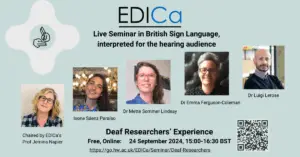
Deaf Researchers’ Experience in the UK – Recording
Recorded on 24 September 2024
Watch the recording of our panel discussing what it’s like working in the UK’s research sector as deaf researchers.

Disabled people are missing from Antarctic EDI work: how do we fix it?
Date: 23 May 2024
A guest blog by Alice Oates, a 2023 Scientific Committee on Antarctic Research (SCAR) Fellow.
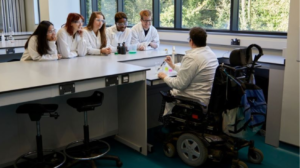
Disability Access Workshop Recording
Date: 15th March 2024
EDICa hosted Dr Katherine Deane and Dan Burrill from U of East Anglia to speak about making universities more accessible. Recording and slides here.


